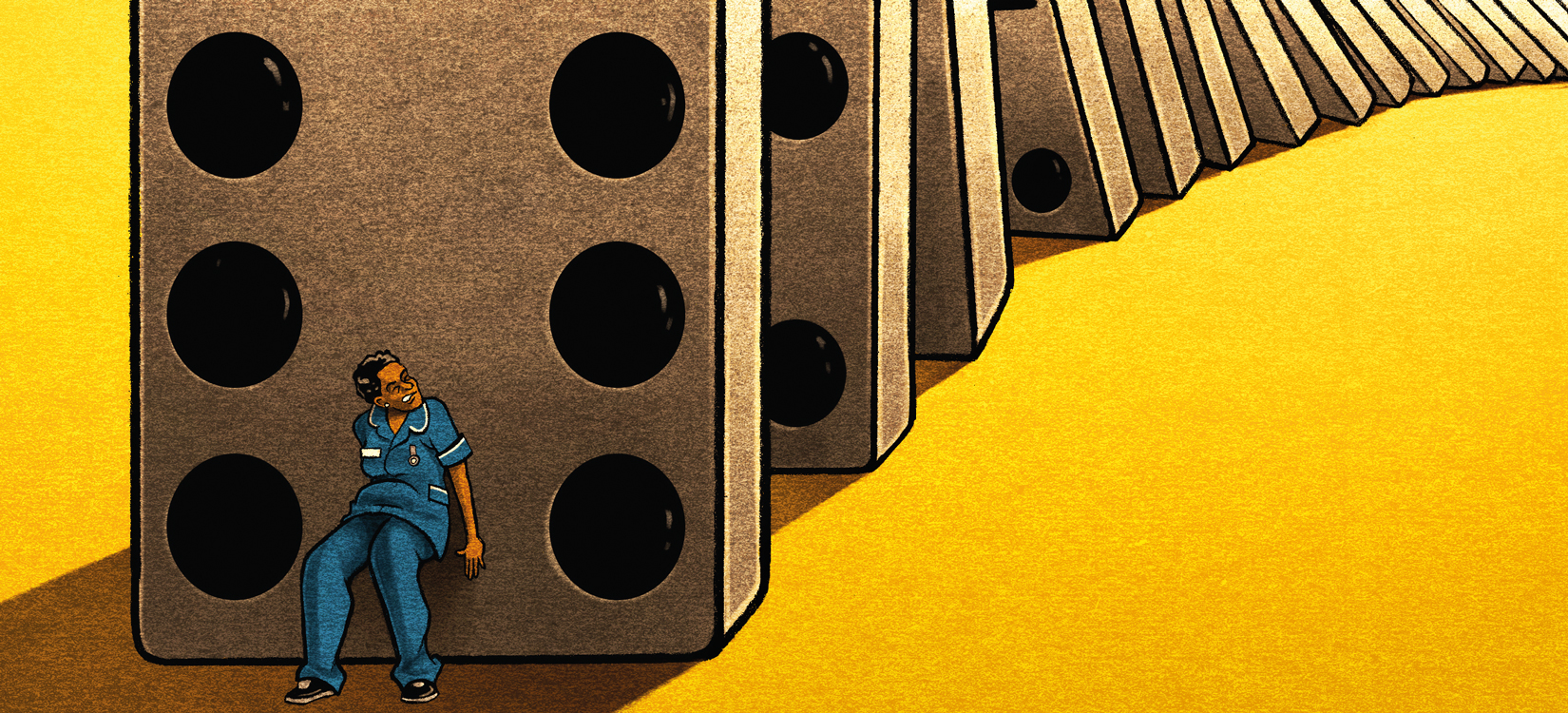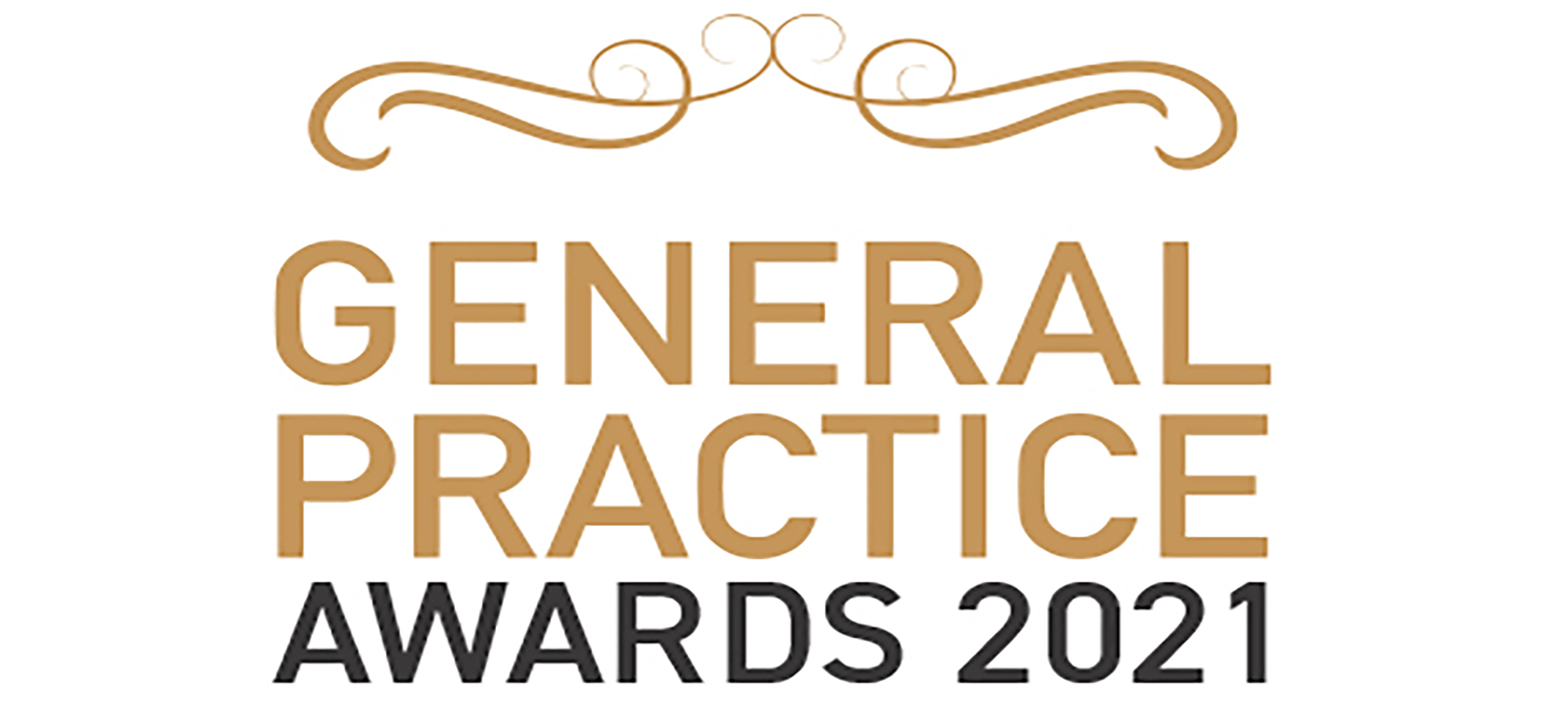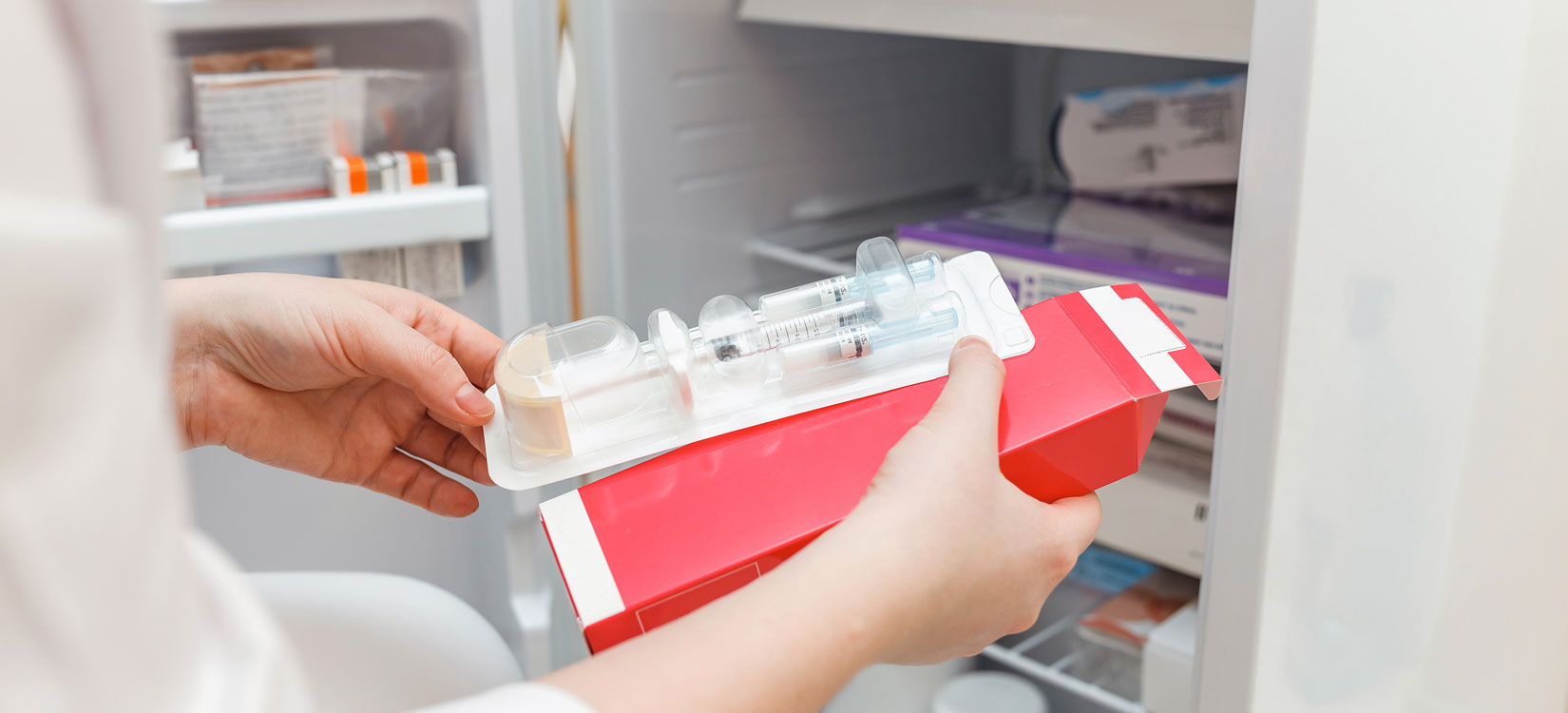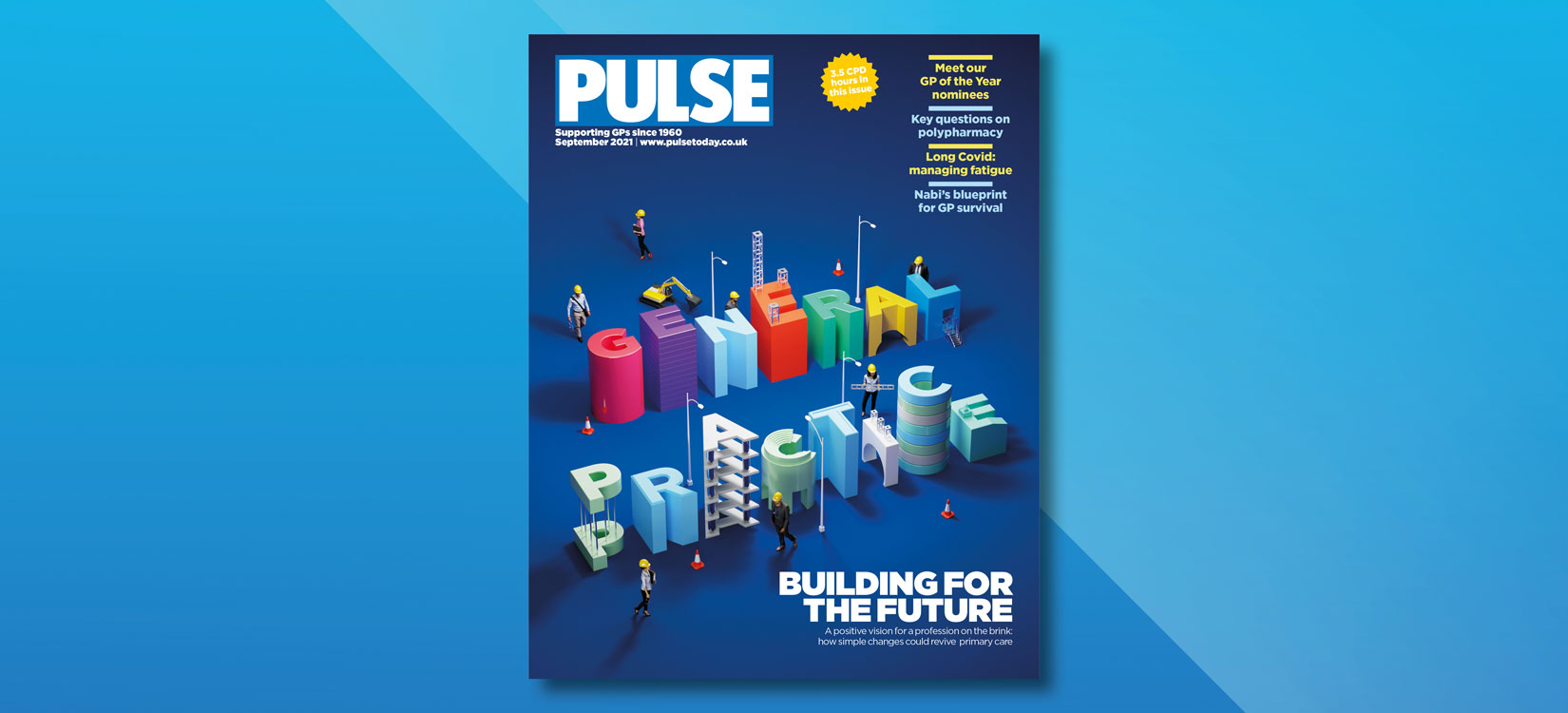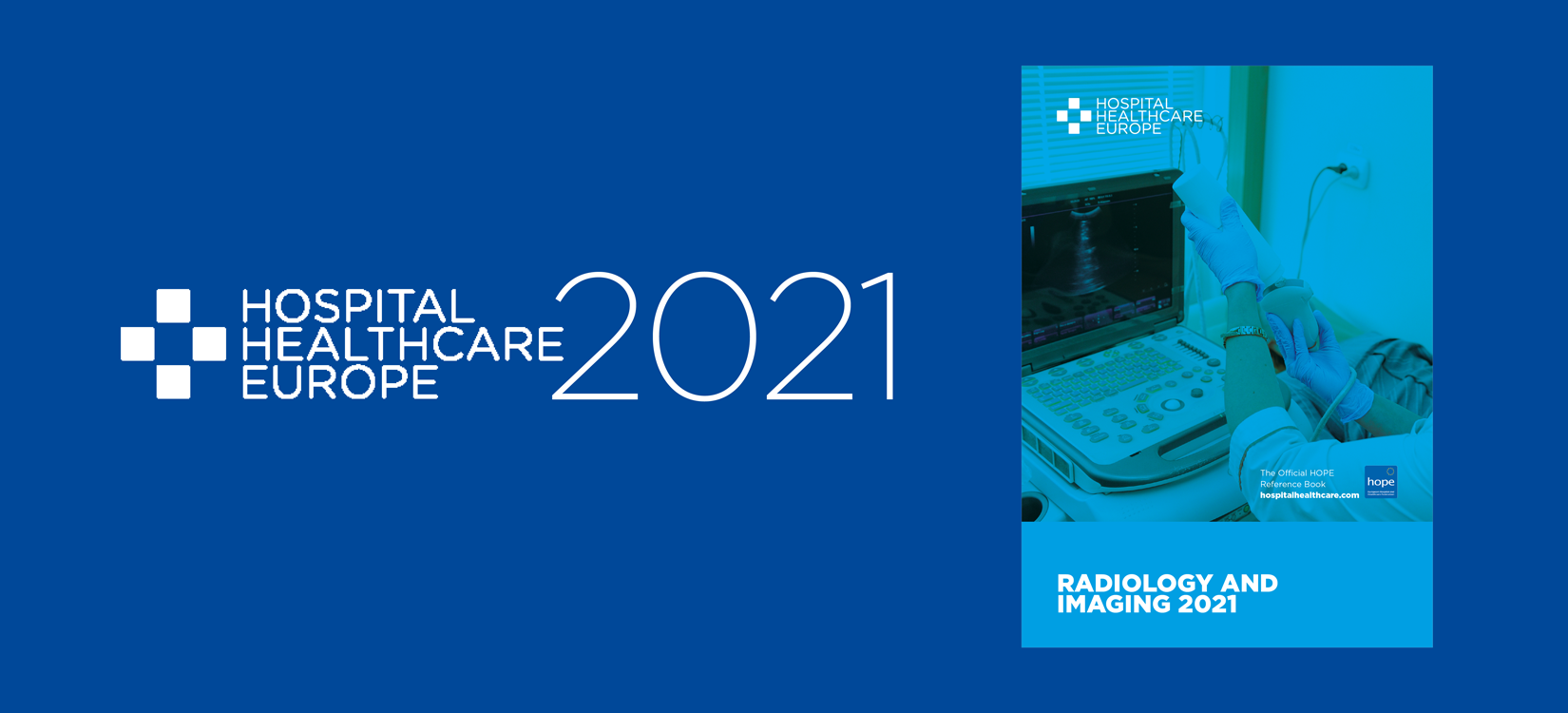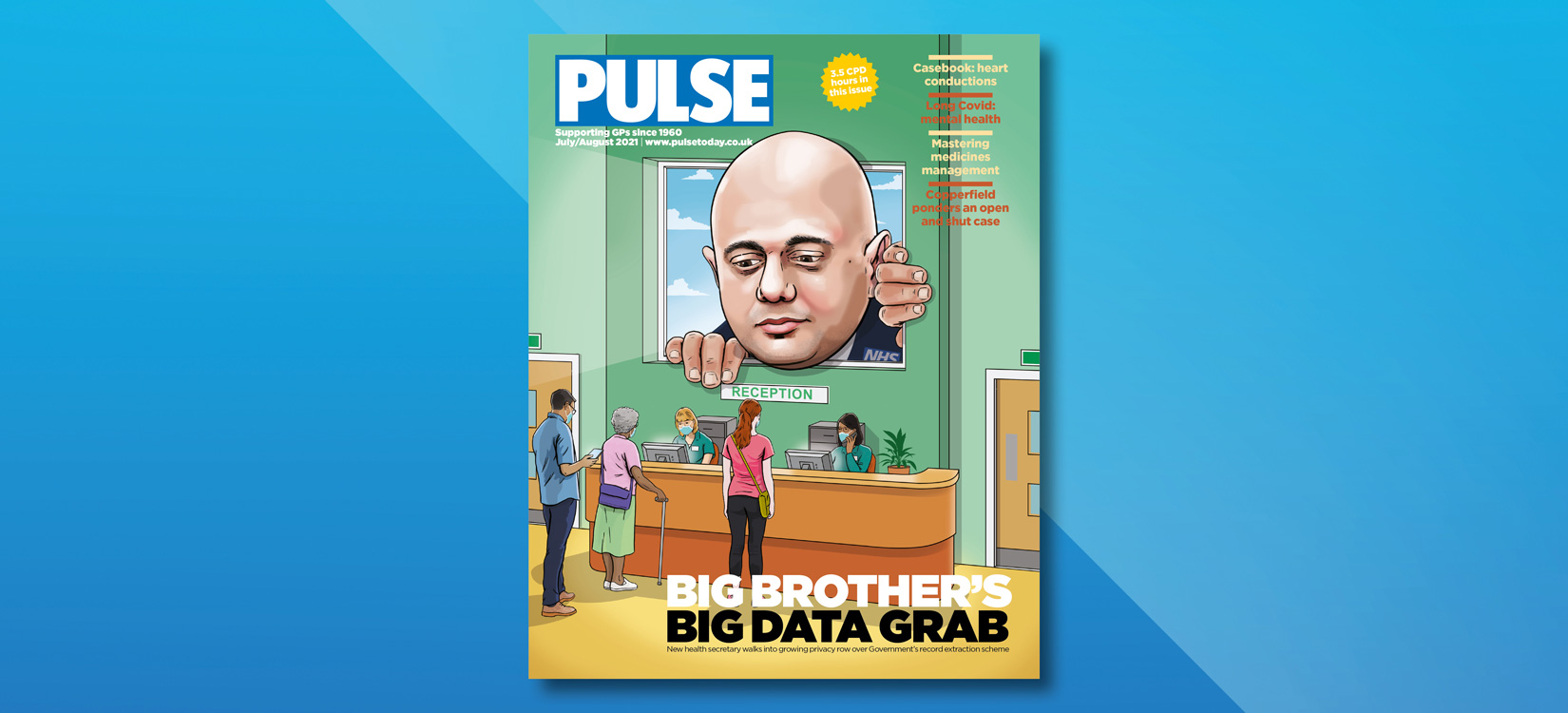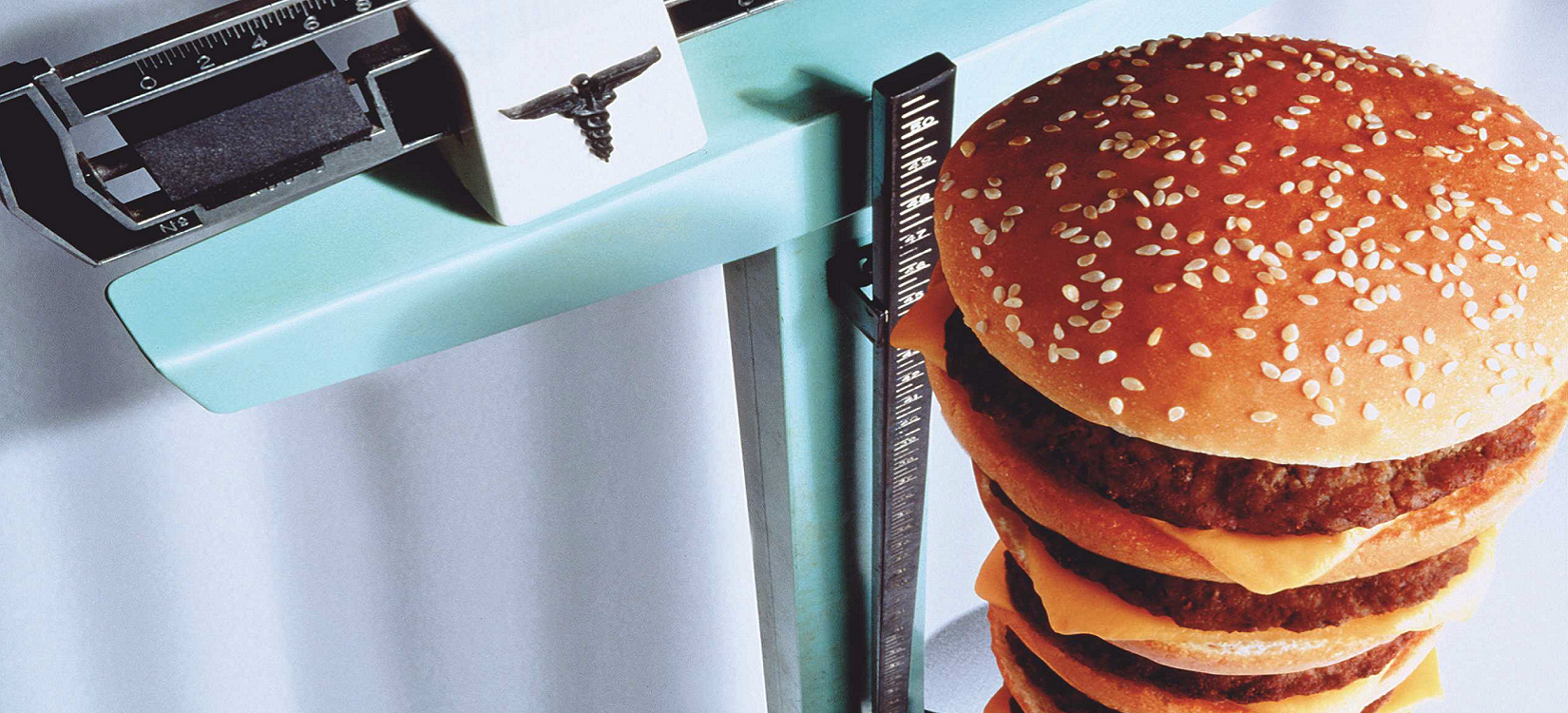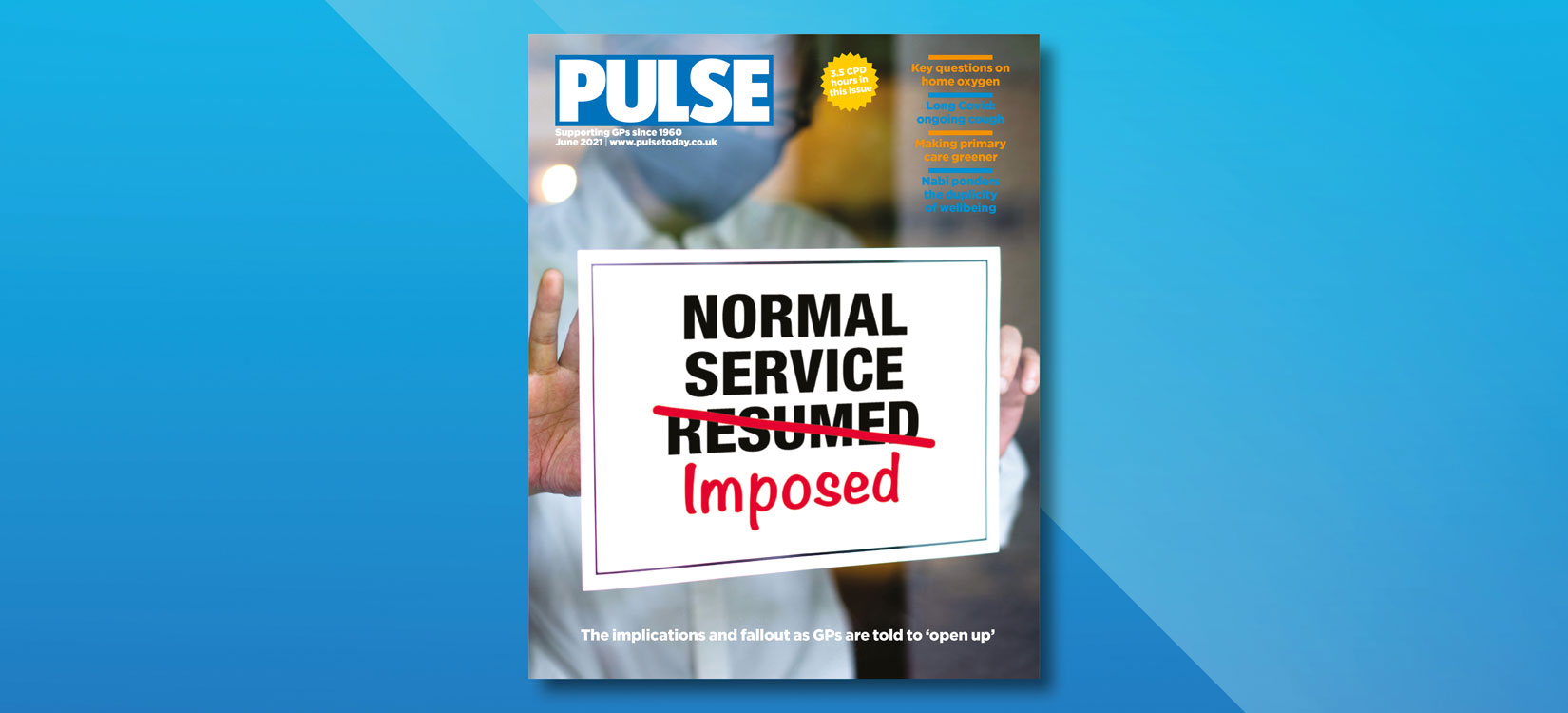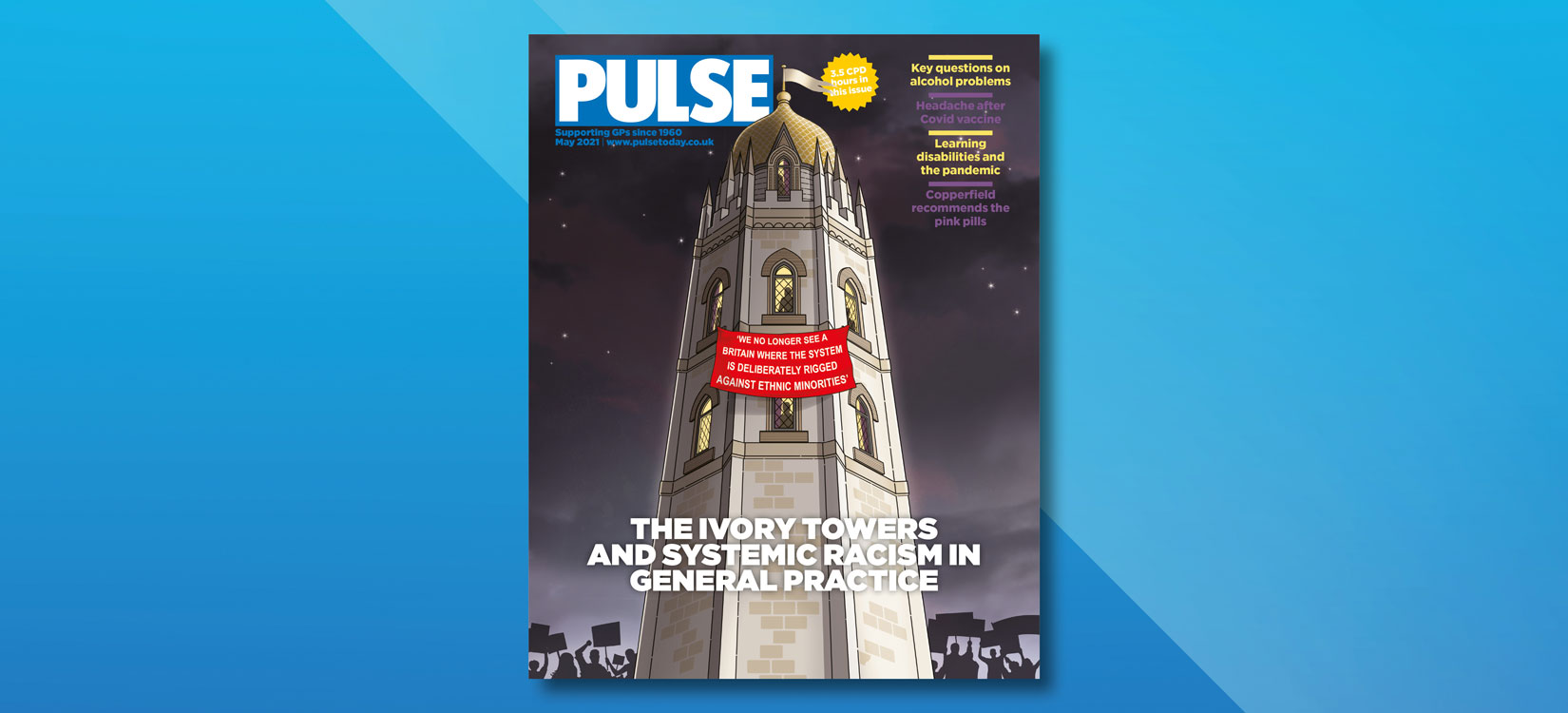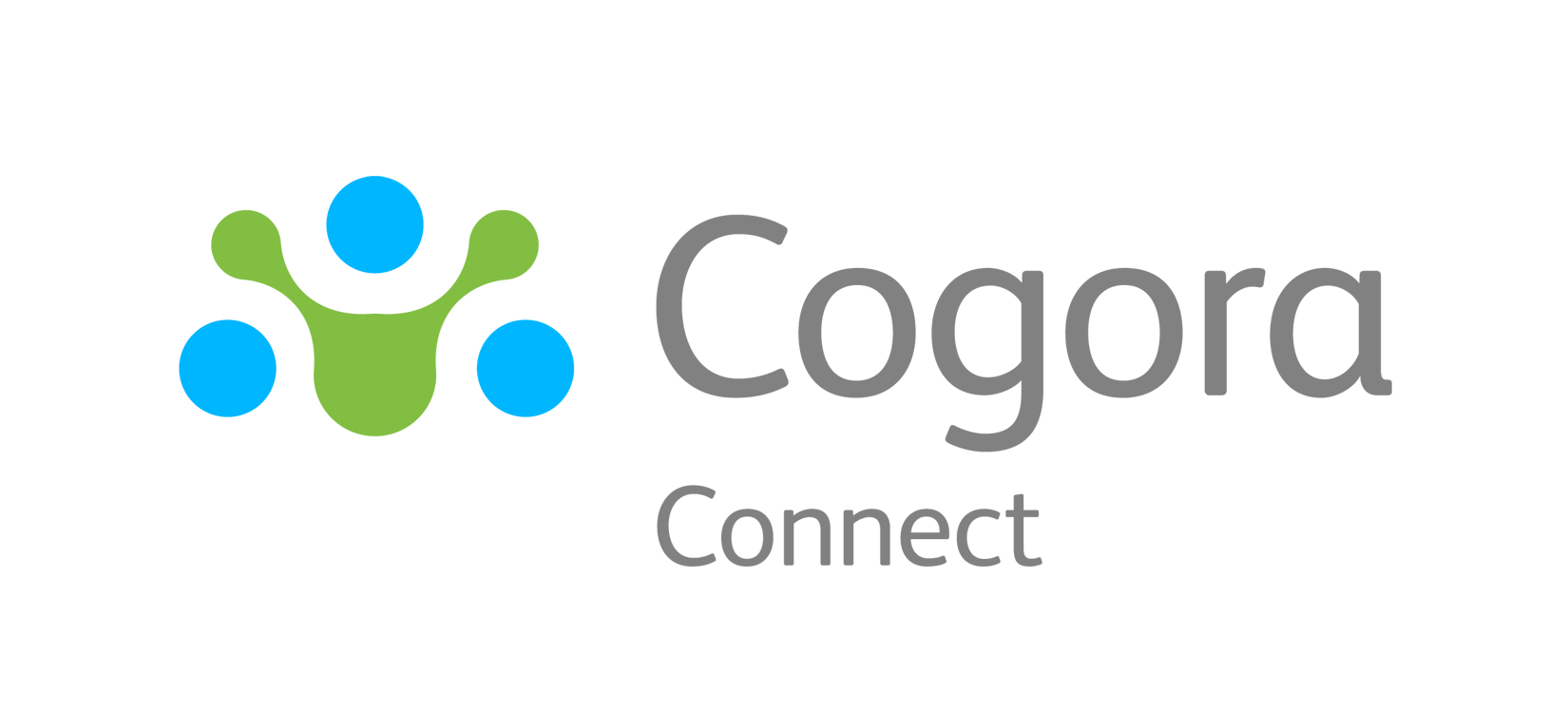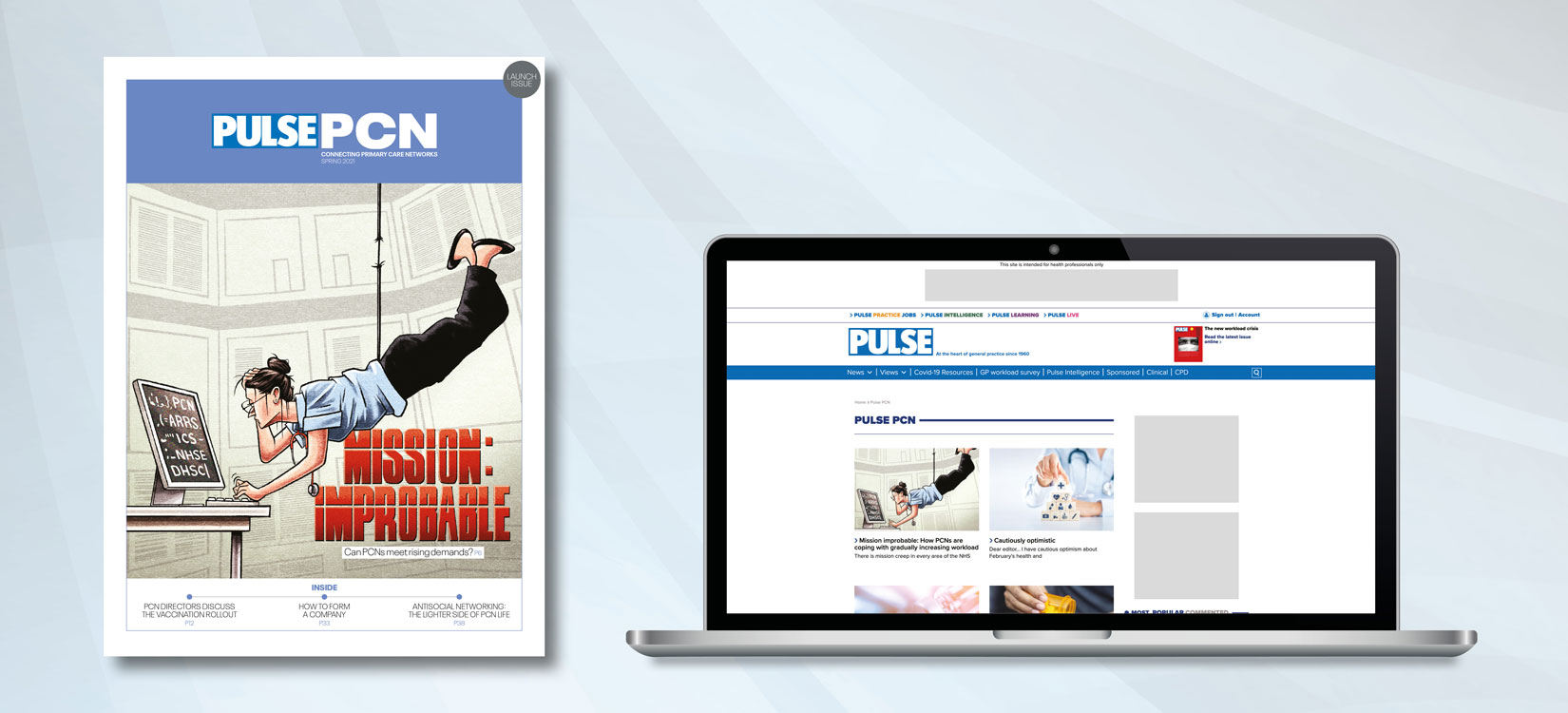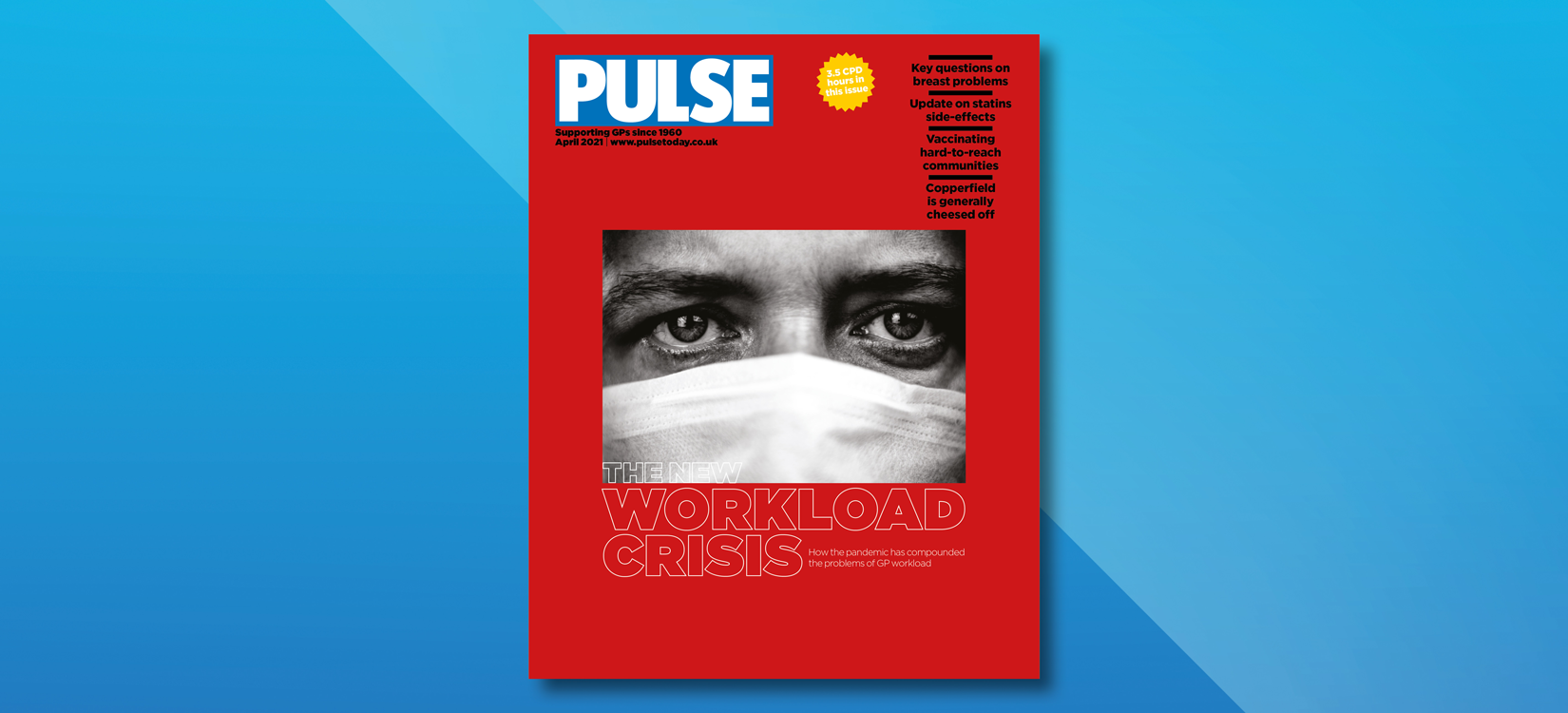14 September was a big day for our events team as we held our first face-to-face conference since February 2020. We welcomed Practice Managers, GP Partners, Receptionists and Administrators at the ILEC Conference Centre for Management in Practice London.
It was fantastic to see our community in person once again, and to listen to engaging presentations and discussions.
Topics covered this year included:
- HR and employment updates
- Changes in commissioning
- Legal considerations for PCNs
- COVID-19
- Resilience and wellbeing
- NHS Pension Scheme
- PCN service specifications
- CQC: What’s new for primary care
- Remote consultations
- Post pandemic surgery telephony
Chaired by Jo Wadey, Director, Institute of General Practice Management; Myra Upton, president of AMSPAR; and Moira Auchterlonie Practice Management Network Board & Lay/Patient Reviewer, the event offered delegates a choice of talks, dedicated networking time and a lively exhibition to explore.
Our exhibitors and sponsors represented a range of sectors including technology, medical supplies, recruitment, financial planning, and legal advice. Attendees were able to discuss the needs of their practice and patients in a relaxed environment.
The event has proved popular with over 98% of attendees recommending it to a friend*. Here’s just some of the great comments we’ve received:
- “Great opportunity to meet like-minded colleagues face to face. Nice to know that ours is not the only practice facing challenges in the current climate.”
- “It was my first conference and was very pleased with all the presentations/meetings I attended. Very good choice for people of different skills and interests.”
- “It was wonderful to meet other colleges after a long time and have updates on what is going to happen in future.”
Our team are busy working on the final two dates for 2021:
- Management in Practice Birmingham – 9 November 2021, The National Conference Centre
- Management in Practice Newcastle – 30 November 2021, Hilton Newcastle Gateshead
If you are interested in being there as an attendee, speaker or sponsor, do get in touch: [email protected] or visit our website for more information.


